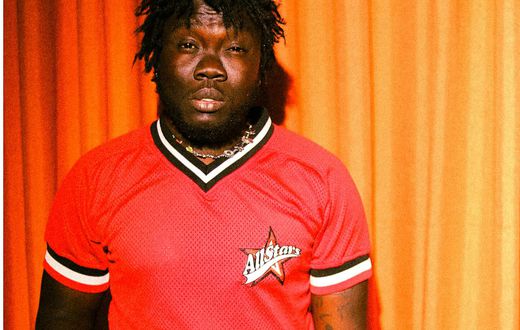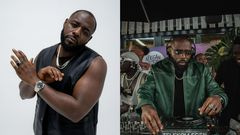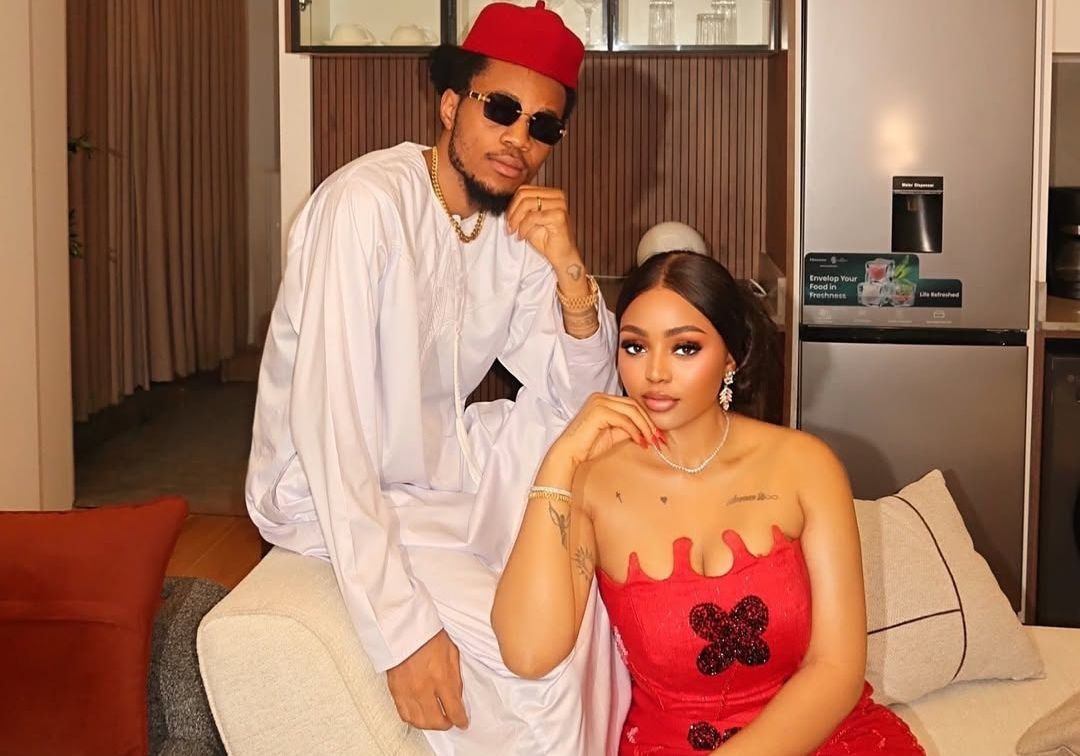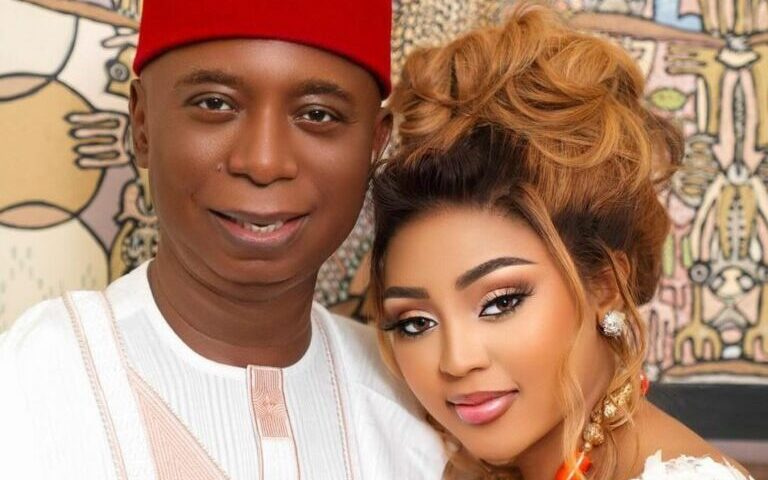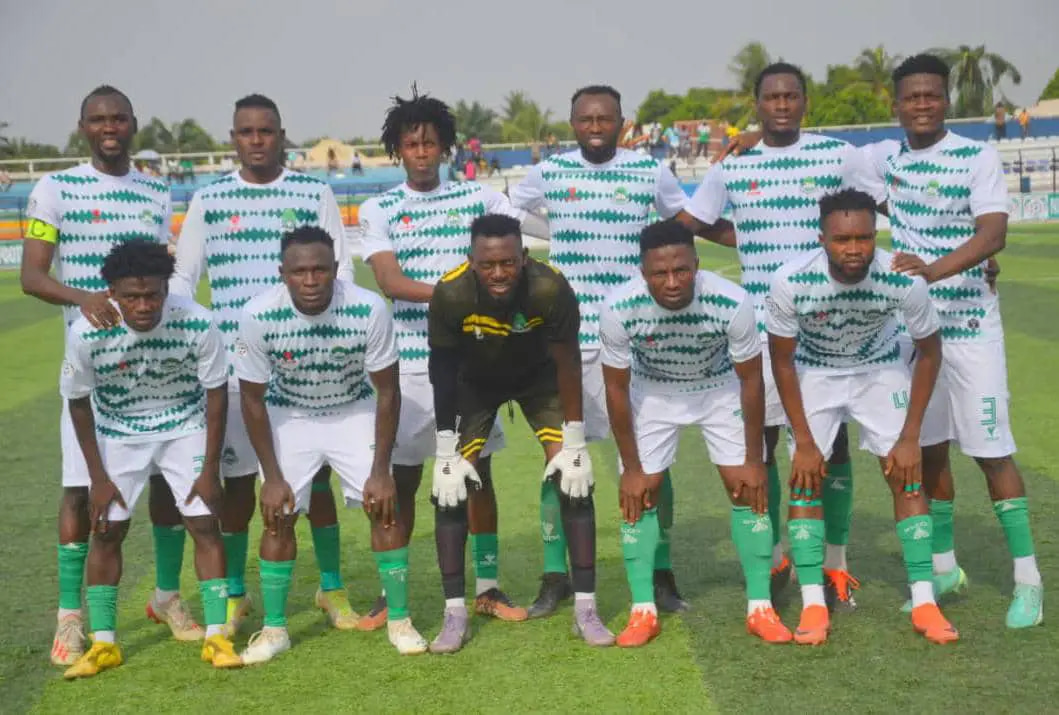The African music scene is no stranger to high-profile controversies, but the latest chapter involving Ghanaian socialite-turned-musician Showboy and superstar rapper Sarkodie has raised new questions about fairness, mentorship, and power dynamics in the industry. The story has sparked animated debates from Accra to Lagos, as Showboy publicly accused Sarkodie of favoritism and gatekeeping, allegations that echo broader concerns across West African entertainment circles.
Showboy, who first rose to prominence as a socialite before transitioning to music, delivered his claims in a widely circulated video posted on X (formerly Twitter) on 26 September 2025. In the emotionally charged video, Showboy alleged that Sarkodie—one of Ghana’s most recognized rap icons—deliberately fosters an inner circle of artists who are willing to defer to his leadership, often at the expense of their own creative independence.
Specifically, Showboy contended that Sarkodie only lends support to artists with “low self-esteem” who, according to him, are more likely to follow his direction without question. The exclusion of Showboy from the lineup for the highly anticipated Rapperholic concert became a flashpoint for these accusations, with Showboy claiming that his refusal to “submit and conform” resulted in his deliberate omission from the bill.
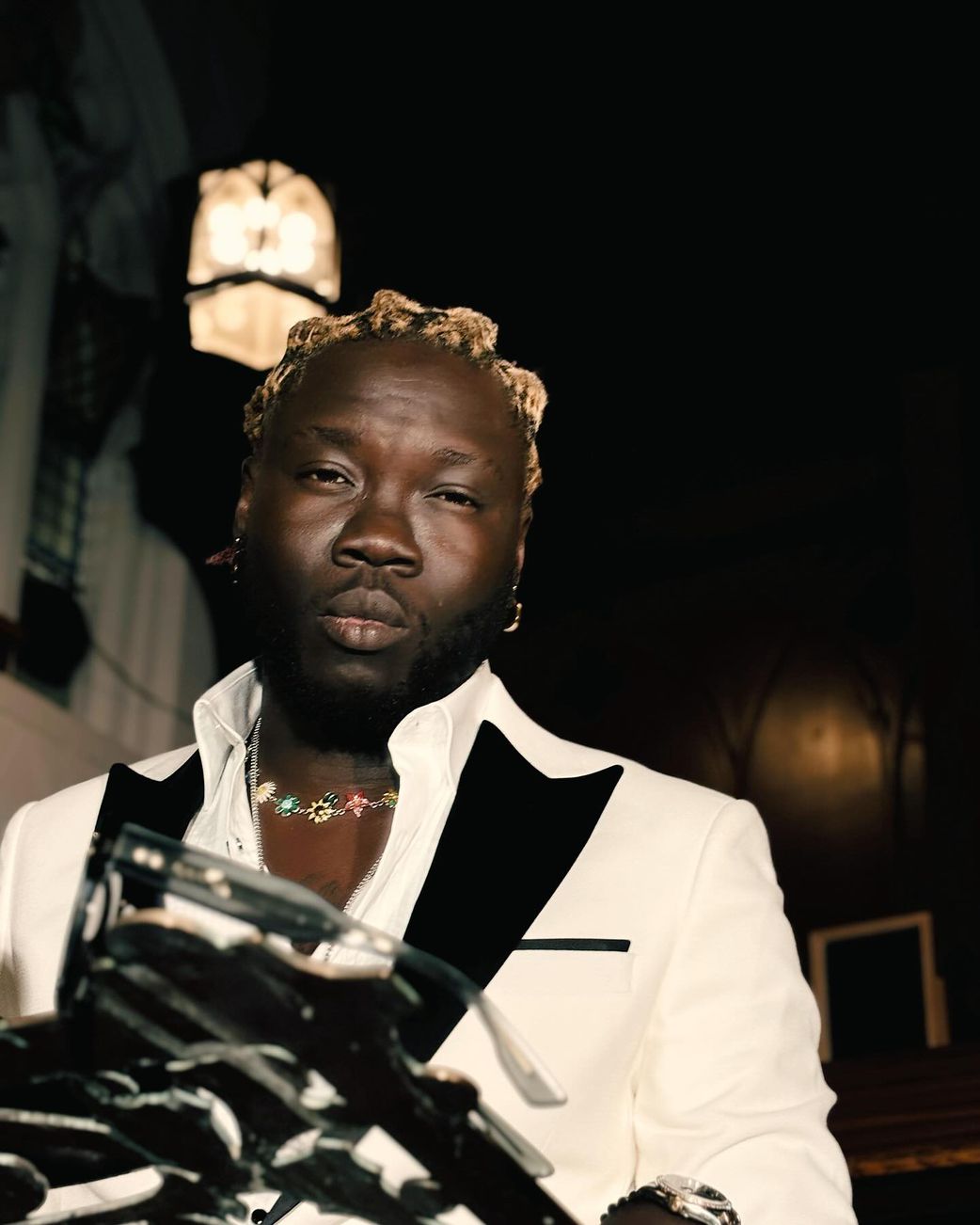
Showboy fumed,
You only help people who have low self-esteem. Those who humble themselves to you. I am a boss on my own; that is why you can’t bring such stupid things to my door. That is why you are bringing Kwaku Smoke and other young artistes to your Rapperholic
In the same video, Showboy further asserted that Sarkodie’s behaviour towards him was disrespectful, vowing publicly that he would no longer look up to him “with honour.” He suggested that his respect for Sarkodie had eroded due to what he perceives as exclusionary conduct. While these statements have not yet been directly addressed by Sarkodie himself, the situation has already gained traction on social media platforms and Ghanaian entertainment blogs.
The issue is particularly resonant among Nigerian and West African audiences, many of whom are well acquainted with the pressures faced by musicians trying to break through the ranks in a highly competitive and sometimes opaque industry. In Nigeria, where the music landscape is often compared to Ghana’s for its vibrancy and competitiveness, stories of power struggles and perceived favouritism among artists and within record labels (as seen in Afrobeats royalty) are regularly discussed on entertainment talk shows and podcasts.
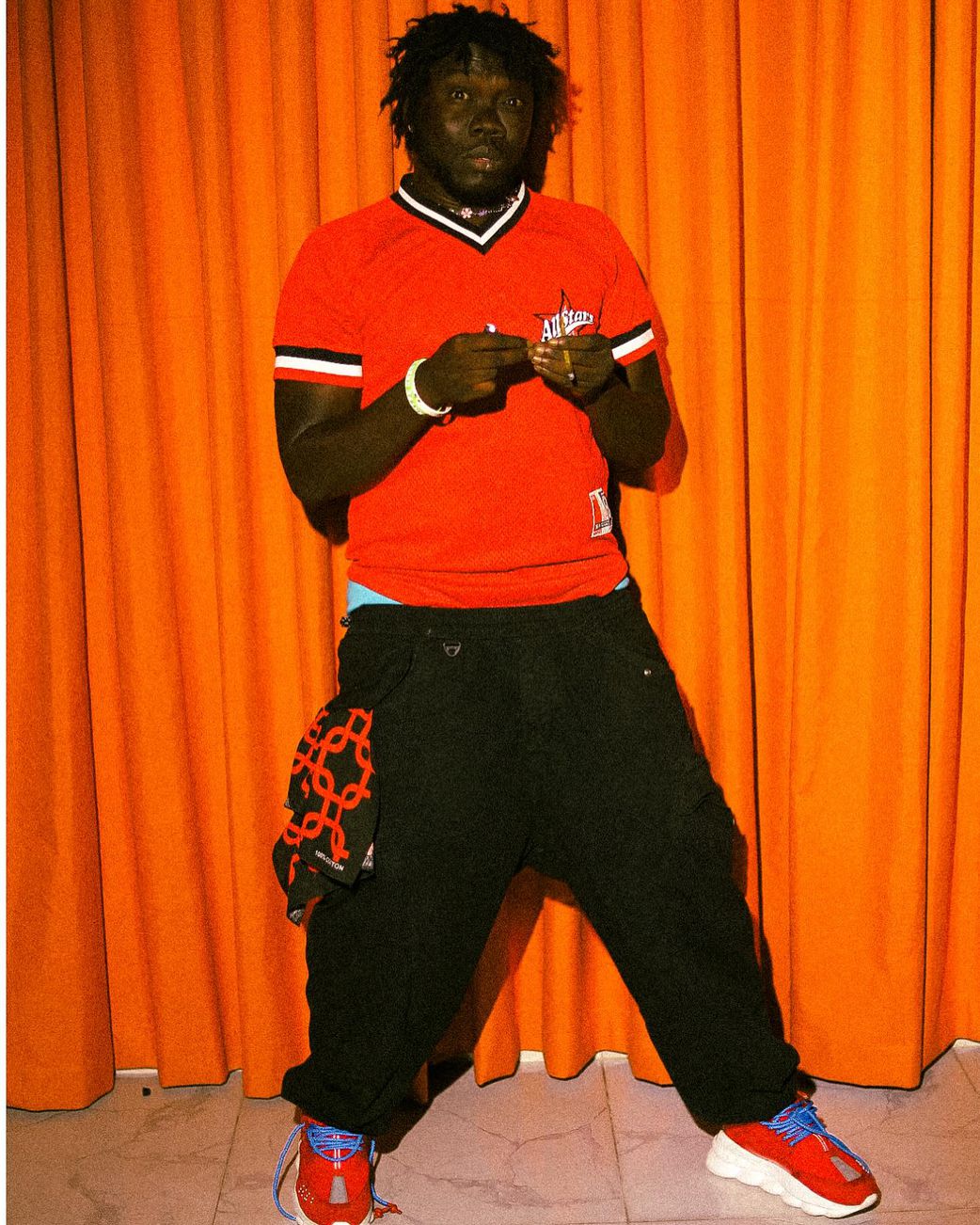
I have seen you don’t respect me, so there is no way I will respect you again. What will you show me, Sarkodie? I respect your brother because of his help; that is why I have been quiet all this time. But for you to do Rapperholic and not include me is a total disrespect,
“He added.” While Showboy didn’t elaborate further in this snippet, the impact of his remarks continued to ripple across entertainment news outlets.
Reactions among industry stakeholders have been divided. Some veteran musicians and producers contend that mentorship and selective collaboration are simply part of the business, with established stars choosing to work with those whose values and work ethic align with their own. “It’s not unusual for big names to pick collaborators they trust, but every artist deserves a level playing field,” noted Lagos-based music analyst Ayo Oladipo in an interview with NowaHalaZone. On the other side, up-and-coming artists from both Ghana and Nigeria say such public disputes highlight the urgent need for transparency and fair opportunity in musical partnerships and event lineups.
Favouritism or Artistic Control? A Broader African Perspective
The heart of this story extends far beyond the Showboy-Sarkodie dynamic, striking at the core of music industry politics throughout Africa. The concept of gatekeeping—where a select few control opportunities and visibility—has long been raised as a barrier for emerging talent. In Nigeria, similar debates have played out publicly among Afrobeats stars, with allegations that some industry heavyweights favour loyalty or connections over sheer talent.
Internationally, these issues mirror global conversations about the balance between mentorship and exclusion. Just as in the United States or United Kingdom, where established artists are scrutinised for their choice of protégés and collaborators, West African audiences are paying close attention to who gets a seat at the table—and, perhaps more importantly, who decides.
Nigerian and West African Artists React
In the wake of Showboy’s statements, social media channels such as X, Instagram, and Facebook have been abuzz with commentary from fans and fellow artists alike. Notably, several young Nigerian artists commented on how similar challenges exist within the country’s vast music network, where breaking into major concert lineups or collaborative projects often depends more on relationships than merit.
A Ghanaian music journalist, Nana Kwaku Asiedu, shared his observation: “These events are a reminder that power dynamics can either inspire or discourage new voices. Both fans and artists must continue to push for fairness, not just in Ghana or Nigeria, but everywhere across Africa.”
Industry Challenges, Solutions, and the Way Forward
The question of how to ensure fairness and equal opportunity in African music is complex. Suggested reforms range from transparent booking processes for major events to the creation of independent bodies to oversee artist relations and event programming. Some industry commentators believe that public accountability and ongoing dialogue are the most effective tools for change, especially given the continent’s youthful and passionate audiences.
- Transparency: Calls have been made for concert promoters and event organisers to make selection criteria and artist rosters more transparent.
- Mentorship: Experts emphasize the value of genuine mentorship programs, where established artists support emerging ones without strings attached.
- Collaboration: Musicians across West Africa have encouraged cross-border collaborations to bridge gaps, foster unity, and expose new talents to wider audiences.
Experts also point out that fans and the public play a pivotal role. “Fans should keep engaging on issues like this,” Abuja-based music critic Chidinma Okeke shares. “It’s public scrutiny that creates pressure for fairness and keeps the music ecosystem evolving.”
Global Relevance: Why This Matters Beyond Ghana and Nigeria
At its core, the controversy shines a light on issues relevant to creative industries globally, not just in Africa. Power struggles, exclusion, and calls for transparency are as present in London and Los Angeles as they are in Accra and Lagos. As the continent’s music stars gain global influence, ensuring fair and open opportunities will remain key to sustaining momentum and nurturing the next generation of African superstars.
Wrapping Up
While the fallout from Showboy’s accusations against Sarkodie continues to unfold, the discussion has opened important conversations about fairness, opportunity, and leadership in the African music industry. Whether the allegations bring about lasting change depends on ongoing public engagement and a collective willingness to challenge entrenched industry practices.
Do you think favouritism is holding back up-and-coming musicians in West Africa—or is strong leadership needed to guide the next generation? What steps can concert organisers, artists, and fans take to ensure fairness and opportunity for all? Share your thoughts in the comments and join the community for more news and analysis on entertainment across Africa.

